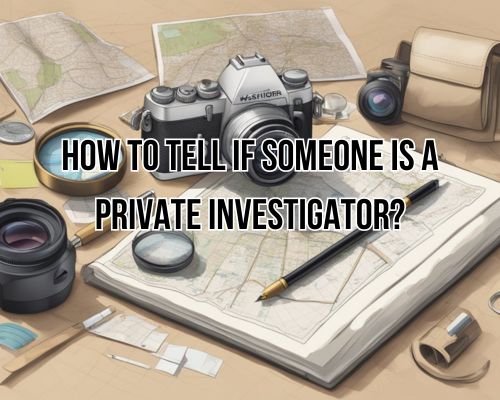When designing bathrooms for individuals with disabilities, safety and accessibility are paramount. These spaces should cater to a wide range of needs, providing ease of use, comfort, and, most importantly, preventing accidents. One of the critical aspects to consider in such bathrooms is the flooring. The right choice can significantly enhance the functionality of the bathroom, making it a safer environment for those with mobility issues or other disabilities. This article explores the best flooring options for safety and accessibility in disabled bathrooms, shedding light on materials, textures, and features that contribute to a safer bathroom experience.
Optimal Flooring Choices for Disabled Bathrooms
The selection of bathroom flooring must prioritize slip resistance, durability, ease of maintenance, and comfort underfoot. Here are some of the top flooring options that meet these criteria:
Non-Slip Vinyl Flooring
Vinyl flooring stands out for its exceptional slip resistance, ease of cleaning, and comfort. It’s a practical choice for disabled bathrooms as it offers a cushioned feel underfoot, which can be beneficial for individuals who have to stand for extended periods or use mobility aids. Moreover, vinyl comes in various designs, allowing for aesthetic flexibility without compromising safety.
Textured Ceramic or Porcelain Tiles
Ceramic and porcelain tiles are known for their durability and water resistance, making them suitable for bathroom environments. However, when choosing tiles for a disabled bathroom, opting for textured varieties is crucial. The texture adds an extra layer of slip resistance, significantly reducing the risk of falls. Additionally, these tiles can be treated with slip-resistant coatings for enhanced safety.
Rubber Flooring
Rubber flooring is another excellent option for disabled bathrooms due to its inherent slip resistance and soft texture. It provides a secure footing, which is essential for safety in any bathroom used by individuals with disabilities. Furthermore, rubber is easy to clean and maintain, making it a practical choice for high-use areas.
Key Features to Consider
When selecting flooring for disabled bathrooms, there are several features to consider that can influence both safety and usability. These include:
- Slip Resistance: The floor should have a high coefficient of friction to prevent slips and falls. This is the most critical feature to look for in bathroom flooring options.
- Ease of Maintenance: Bathrooms require regular cleaning, so choosing flooring that is easy to maintain can save time and effort, ensuring the environment remains hygienic and safe.
- Water Resistance: Given the nature of the space, the flooring should be able to withstand humidity and direct contact with water without deteriorating.
- Comfort and Warmth: Since bathrooms are often used barefoot, it’s essential to select flooring that feels comfortable and warm underfoot.
Safety Enhancements and Accessories
In addition to selecting the right flooring, incorporating safety enhancements and accessories into the bathroom design can further increase safety and accessibility. These may include grab bars, shower seats, and non-slip mats in critical areas. For comprehensive solutions and expert advice on creating safe and accessible bathrooms, visiting safeshowerbathrooms.co.uk can provide valuable insights and support.
Conclusion
Designing a bathroom that is both safe and accessible for individuals with disabilities requires careful consideration of various elements, with flooring being one of the most pivotal. By choosing suitable materials and paying attention to features like slip resistance and comfort, it’s possible to create a bathroom environment that not only meets the needs of disabled individuals but also enhances their independence and well-being. Incorporating additional safety measures and consulting with specialists, such as those found at safeshowerbathrooms.co.uk, can further ensure the creation of a bathroom space that is truly inclusive and secure.

